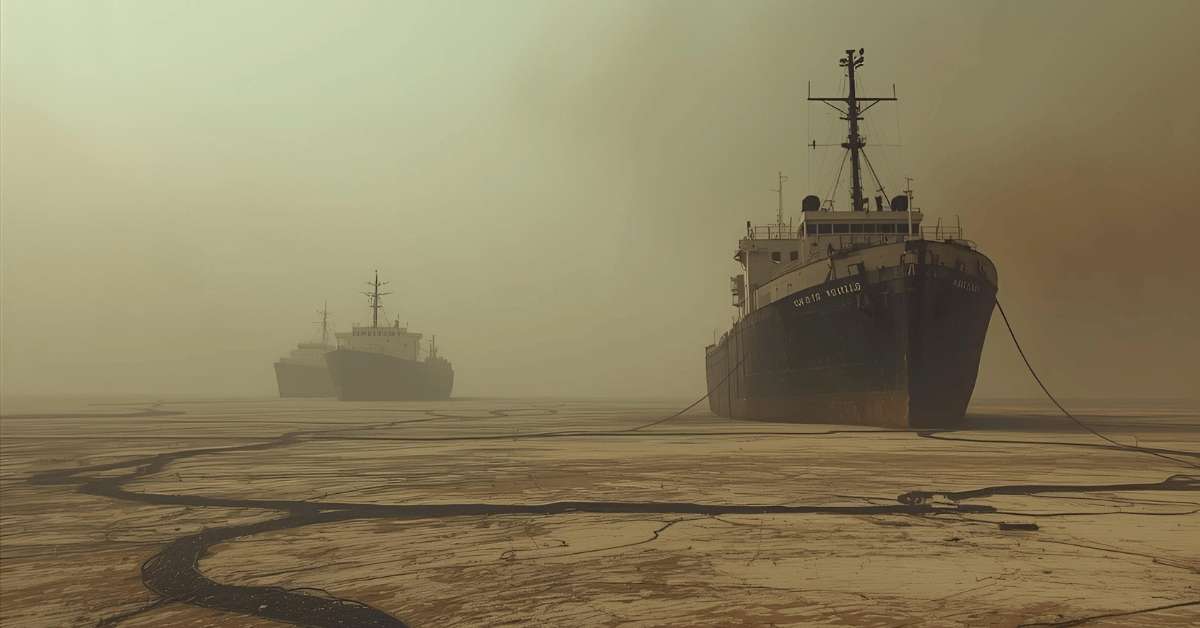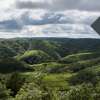21 October 2025
The Mystery of the Disappearing Sea – The Aral Sea Crisis
Once the fourth-largest inland water body in the world, the Aral Sea; straddling Kazakhstan and Uzbekistan; was a shimmering symbol of Central Asia’s natural abundance.

The Rise and Fall of a Giant
Once the fourth-largest inland water body in the world, the Aral Sea; straddling Kazakhstan and Uzbekistan; was a shimmering symbol of Central Asia’s natural abundance.
By 1960, it covered more than 68,000 km², nourishing fishing villages and moderating the region’s harsh climate. But within a few decades, this vast sea began to vanish.
What Happened to the Aral Sea?
In the 1960s, the Soviet Union diverted the two main rivers feeding the sea; Amu Darya and Syr Darya — to irrigate cotton and rice fields.
This large-scale water diversion caused a catastrophic ecological collapse. The sea split into isolated basins; shorelines retreated, fishing ports turned to desert, and the exposed seabed transformed into the toxic Aralkum Desert. Winds carried salt and pesticide-laden dust across hundreds of kilometres, damaging farmland and causing respiratory illnesses in nearby communities.
Signs of Hope and Recovery
Not all was lost. In 2005, Kazakhstan built the Kokaral Dam, restoring part of the North Aral Sea. Water levels rose, salinity dropped, and fish began to return; a small but powerful proof that human action can reverse environmental decline.
Lessons for Australia
The Aral Sea crisis reminds us that unchecked irrigation and poor water governance can turn even the largest systems into wastelands.
In Australia, where water security is equally vital, this story highlights the importance of protecting river inflows, catchments, and community water systems.
Whether managing a national water plan or a household rainwater tank; every drop counts.
Key Takeaways
- Over-extraction leads to long-term ecological and economic loss.
- Restoration is possible when policy, engineering, and community align.
- Sustainable water use starts with understanding inflows and maintaining balance.
💧 What can Australia learn from one of the world’s biggest water mistakes?
Start by safeguarding your own inflows — from backyard tanks to farm catchments — with durable, Australian-made Orion Tanks designed to store and protect every drop.


